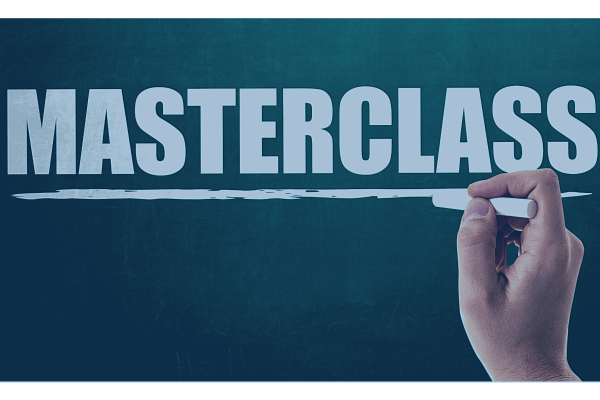Exploring CHARM-EU Assessment Vision and implications of CHARM-EU assessment for the module design process and the definition of first concrete actions.

Last Tuesday, 12 January 2021 a Masterclass was organized around CHARM-EU’s assessment program. The Masterclass was led by Sanne van Vugt, Co-lead WP4 Teaching and learning strategies and Lubberta de Jong Lead WP4.6 Assessment Techniques. In this interactive and informative session, they outlined CHARM-EU educational and assessment principles. In alignment with these principles, they also presented an innovative approach to assessment, referred to as programmatic assessment1
In this innovative approach various assessment activities are provided to the learner, with a profound focus on meaningful feedback. These assessment activities aim to optimize learning. Pass/fail decisions take place after a longer period of time based on the information from a multitude of assessment activities. This approach enables us to longitudinally follow-up the learner. Furthermore, a mentor is assigned to foster the reflective process of the student, encouraging the student to regulate their learning process.
During the masterclass, participants had the opportunity to better understand how CHARM-EU adopted this approach in the Master Global Challenges for Sustainability. Next to that, practical tips and tricks have been presented to the to the teaching faculty in designing their assessment activity.
Around 40 participants followed this Masterclass and there was plenty of room for them to ask questions. This resulted in a lively discussion. At the end of the Masterclass a follow-up was announced in February 2021.
1. Van der Vleuten C, Schuwirth L, Driessen EW, et al. A model for programmatic assessment fit for purpose. Med Teach. 2012;34(3):205-214.